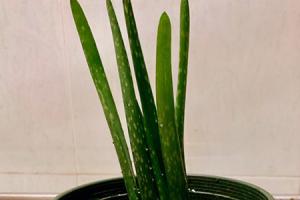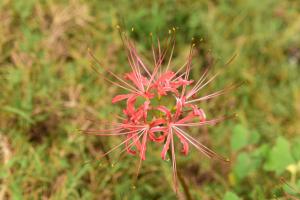Can You Water Pitcher Plants with Spring Water?
Pitcher plants are a unique species of plants that have adapted to surviving in nutrient-poor environments. They typically grow in wetlands and bogs and have a unique way of trapping insects for their nutrition. However, as a pitcher plant owner, you may be wondering whether you can water your plant with spring water.
Understanding Pitcher Plants
Pitcher plants belong to the family of carnivorous plants, which means that they are adapted to live on low-nutrient soil. They have evolved to become insect-eating plants, with their unique morphological characteristics that trap and digest specific organisms. These plants have hollow leaves with a waxy interior surface that helps trap rainwater or other sources of water.
Their leaves also contain digestive enzymes that help break down and absorb the nutrients from the trapped insects. In this way, pitcher plants are self-sufficient and do not require a nutrient-rich environment to thrive.
The Importance of Watering Pitcher Plants
Despite their unique adaptation for living in nutrient-poor environments, pitcher plants still require proper watering to survive. Since they rely on the trapped insects for their nutrition, they need to maintain a consistent level of water in their leaves to prevent dehydration.
It's essential to ensure that the pitcher plants receive enough water to keep them hydrated. The ideal way to water these plants is by using clean and pure water that has no mineral content or salts.
Can You Water Pitcher Plants with Spring Water?
Spring water is a natural source of water that contains various minerals and salts, depending on the source. While spring water is an excellent source of hydration for humans, it may not be the best option for watering pitcher plants.
The minerals and salts present in spring water can clog up the pitcher plant's leaves, making it difficult for them to trap insects effectively. Over time, this can lead to the death of the plant.
It's best to use distilled water, reverse osmosis water, or rainwater to water pitcher plants, as they contain minimal amounts of minerals or salts. These types of water are pure, and free from contaminants that can harm the plant.
Conclusion
Pitcher plants are fascinating plants that require a specific environment to thrive. While these plants can adapt to living in nutrient-poor environments, they still need proper hydration. Using clean and pure water is essential to keep them healthy and maximize their potential for trapping insects. Avoid using spring water to water your pitcher plants to prevent mineral buildup and ensure their long-term survival.

 how many times do yo...
how many times do yo... how many planted tre...
how many planted tre... how many pine trees ...
how many pine trees ... how many pecan trees...
how many pecan trees... how many plants comp...
how many plants comp... how many plants can ...
how many plants can ... how many plants and ...
how many plants and ... how many pepper plan...
how many pepper plan...






























